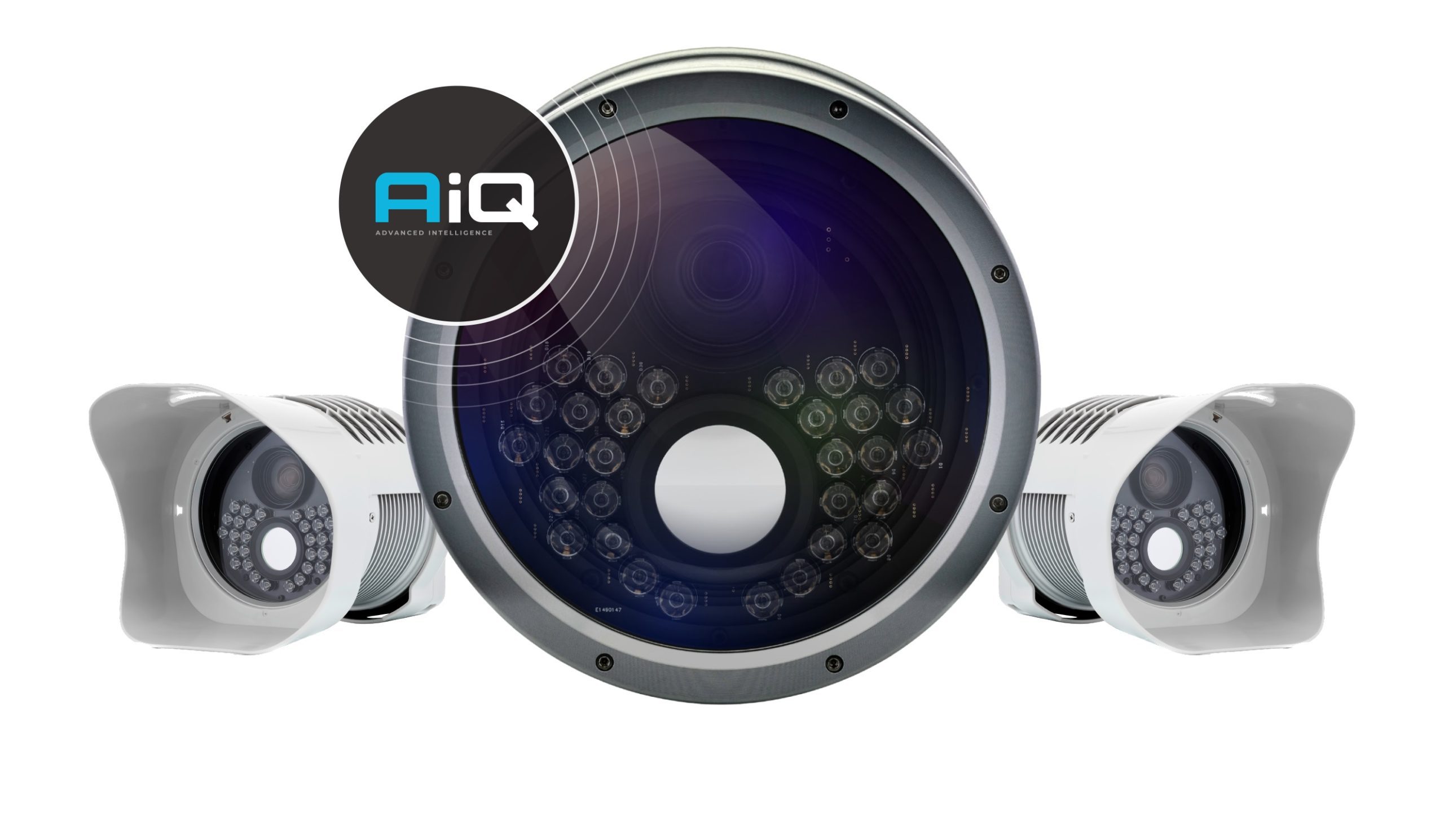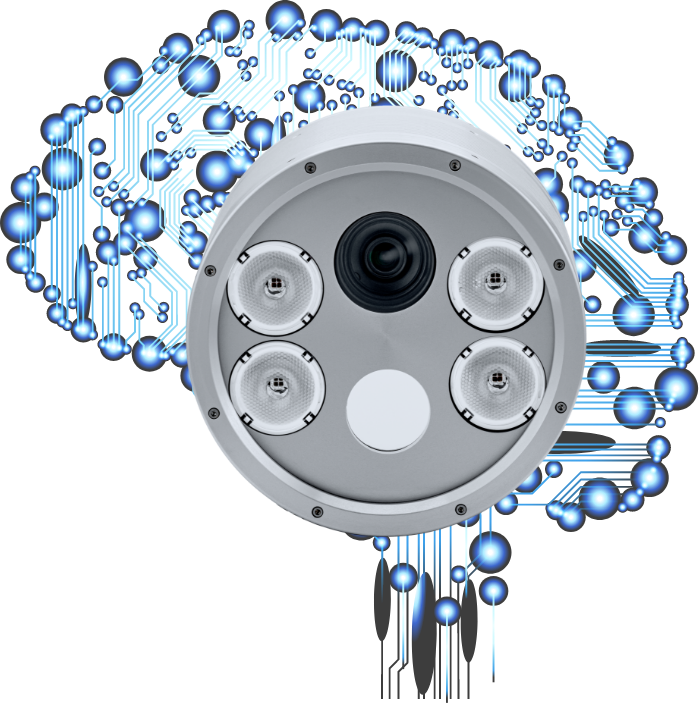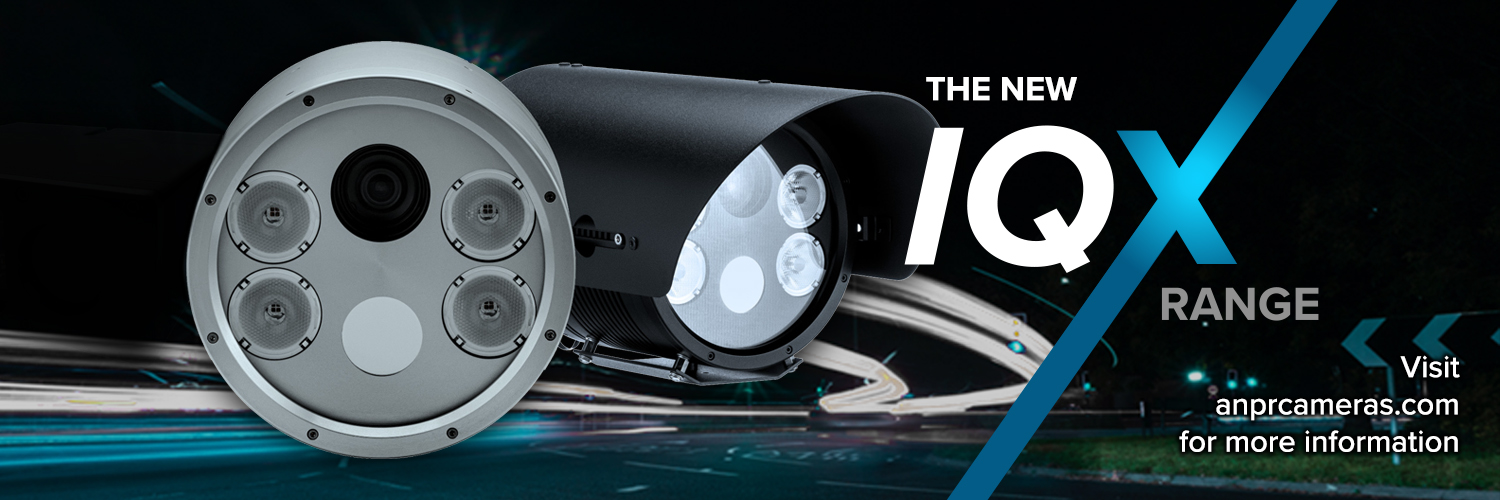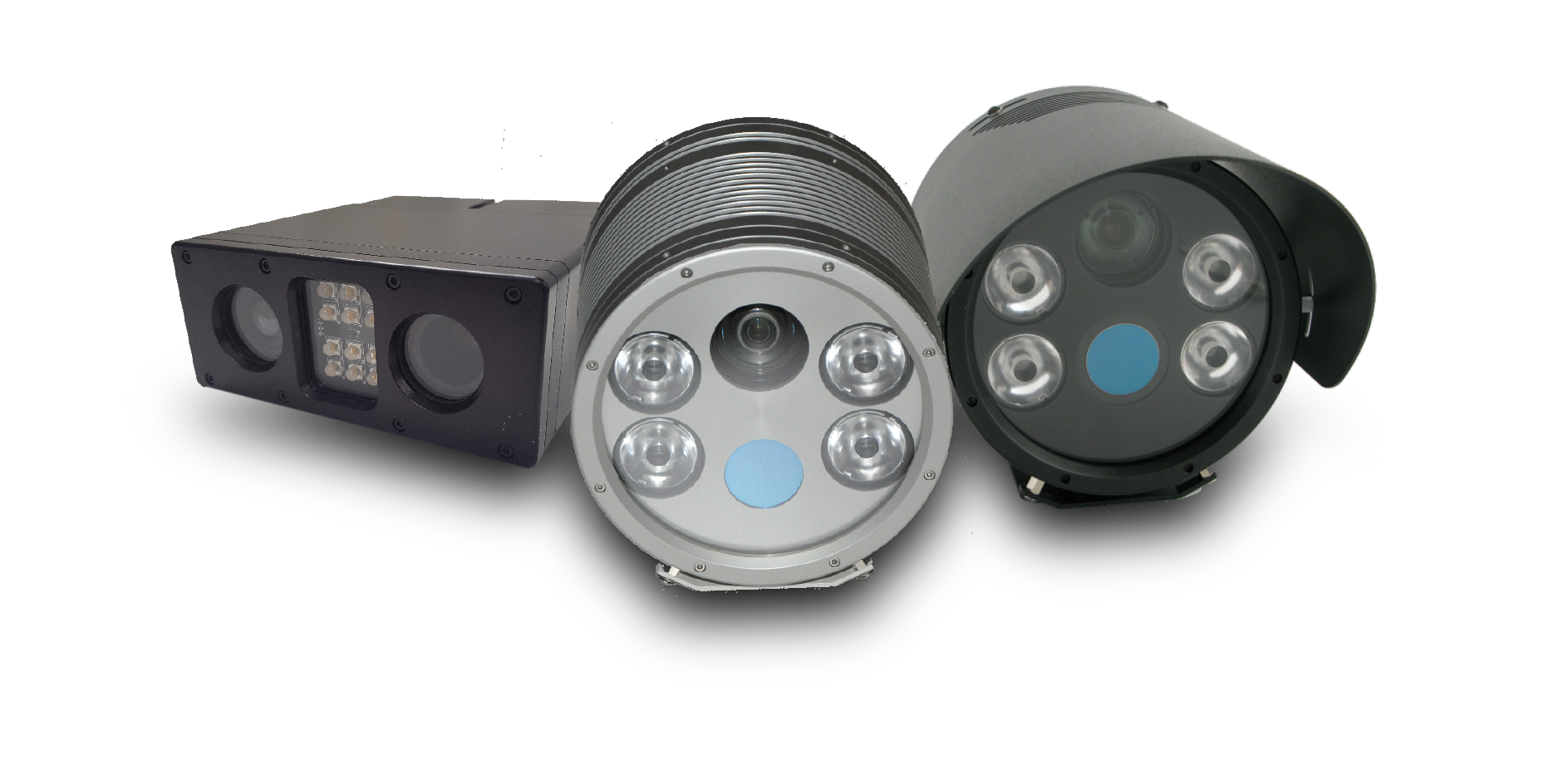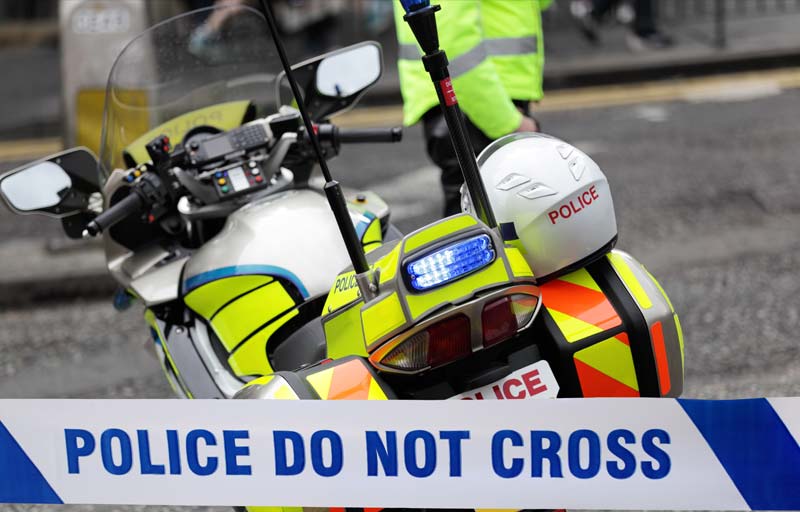
Does the Police using ANPR cameras impinge on your privacy?
ANPR cameras are an additional tool to support police in identifying suspects and increase the efficiency of investigations. There are many that feel that having their number plates scanned by Police without their consent is grouping the innocent with the guilty, or at least suspected criminals, this is an understandable concern. However, whilst it is true that many of you will have had your number plates read by ANPR cameras, this is only done as part of a search for cars of interest and unless your car is flagged as such, no further actions are undertaken. Furthermore, all information gleaned from ANPR operations are stored on a secure, tightly monitored server that is only accessible by a limited number of persons. These persons have to gain consent from senior members of the Police Force or Judiciary System before they are able to access the system and to do so must provide clear reason or ‘due course’ to support their claim of access. No information is provided to third parties by the Police and no personal information is perused unless criminal activity is suspected and supporting evidence is provided in such cases.
As has already been said, ANPR cameras are used as a tool to facilitate the primary function of the Police forces in keeping community members safe. There are countless cases where ANPR systems have provided invaluable information that has led to the capture and prosecution of criminals who may otherwise have escaped detection.
So, bringing the title of this piece back to fore, do ANPR cameras impinge on your privacy? The answer is a personal one. Your number plates are scanned without your knowledge or consent by Police in an attempt to identify criminals. The purpose of this is to serve the people, as they are asked to do, by reducing crime and making potential criminals think twice about what they are about to do. Criminals are being pushed to the furthest corners of the darkest places because of the advancement of such investigative technologies. Witnesses only have to remember a car colour, a make, a distinctive mark or trait on a vehicle and with ANPR cameras available, suspects can be identified immediately.
The old motto of ‘nothing to hide, nothing to fear’ is outdated because we are all entitled to our privacy but where does privacy end and public interest begin? This is a question that will be answered differently by everyone asked; we all have our own boundaries, our own barriers to personal information. I for one (considering my business this will not be unexpected) would happily exchange my number plate details if it stops one person becoming a victim of crime, one person suffering financial ruin because of an uninsured driver. There are many impingements on privacy, don’t get me started on website cookies, but I do not feel that ANPR systems are one, they are a tool to support safety and are used to separate the innocent from the guilty not to draw them under the same cursory glance.



